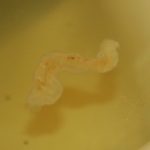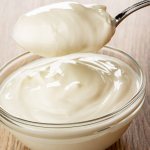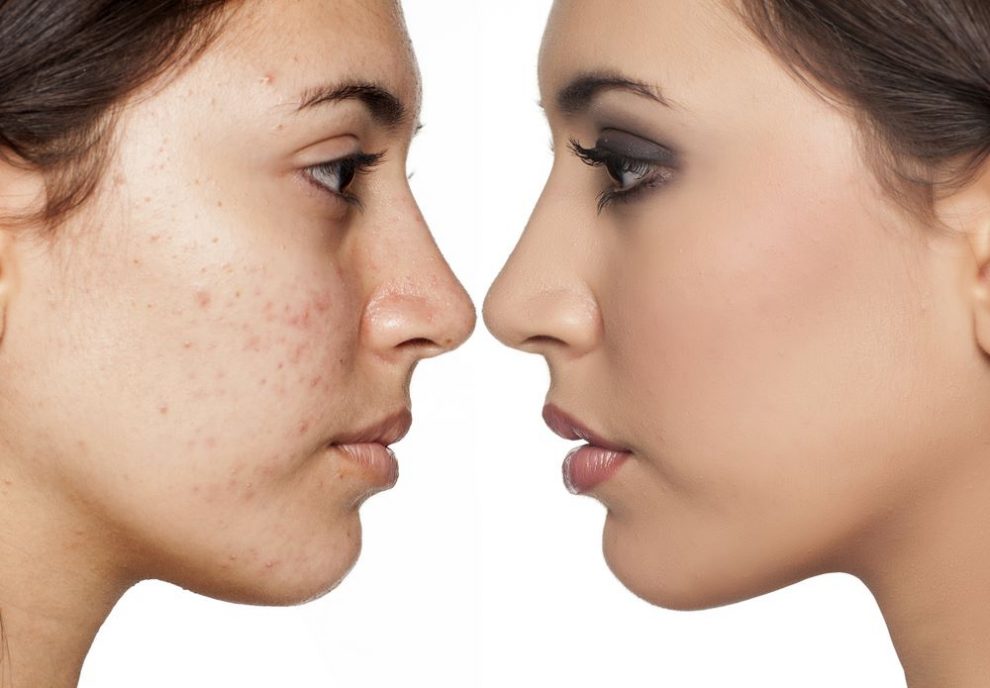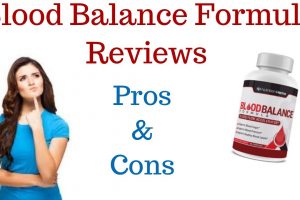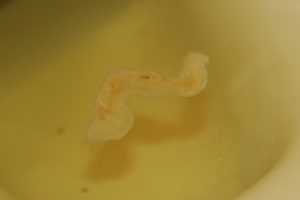A disorder of the skin which directly affects the sebaceous glands underneath the skin along with the hair follicles is known as acne. Our skin is a porous structure which is provided with various pores, the skin pores from underside are connected under to the oil producing sebaceous glands. The secretion of sebaceous glands is known as sebum which is oily and lubricates the skin. The inflammation or infection of sebaceous glands and hair follicle result in acne which has various forms depending on the cause. What type of acne do I have? In this article we will study various types of acne and types of acne and what causes them along with options of treatment.
Contents
What is Skin Acne?
As discussed above, the inflammation or infection of sebaceous glands or hair follicles result in acne. Acne is mostly in the form of breakout but acne doesn’t spread itself across the skin always. Sometimes, the clogged pores also result in acne.
Causes of Acne:
There are several causes of acne and depending on the cause the types of acne breakouts are also different. The main causes of skin acne are:
- Inflammation or infection of sebaceous glands which end up producing excessive sebum or oil.
- Bacterial growth inside the clogged pores
- Hormonal imbalance
- Excessive accumulation of dead cells of skin in the pores ultimately blocking the way of sebum.
- Ingrown hair sometimes also results in acne.
One of the main cause of acne at teenage is due to hormonal fluctuations. It is considered as one of the main skin concerns in children to adults.
Types of Acne And Causes:
There are several types of body acne and before getting any prompt medical treatment to resolve the issue it is important to identify the type of acne you are experiencing. Acne is either inflammatory or non-inflammatory. Some main types of acne of human skin are mentioned below:
- Blackheads and white heads
- Papules acne
- Pustules acne
- Nodules acne
- Cysts acne
It is also possible for a person to get different types of pimples on body at the same time. It is important to consult dermatologist to resolve the issue and find out the nature of types of acne and pimples.
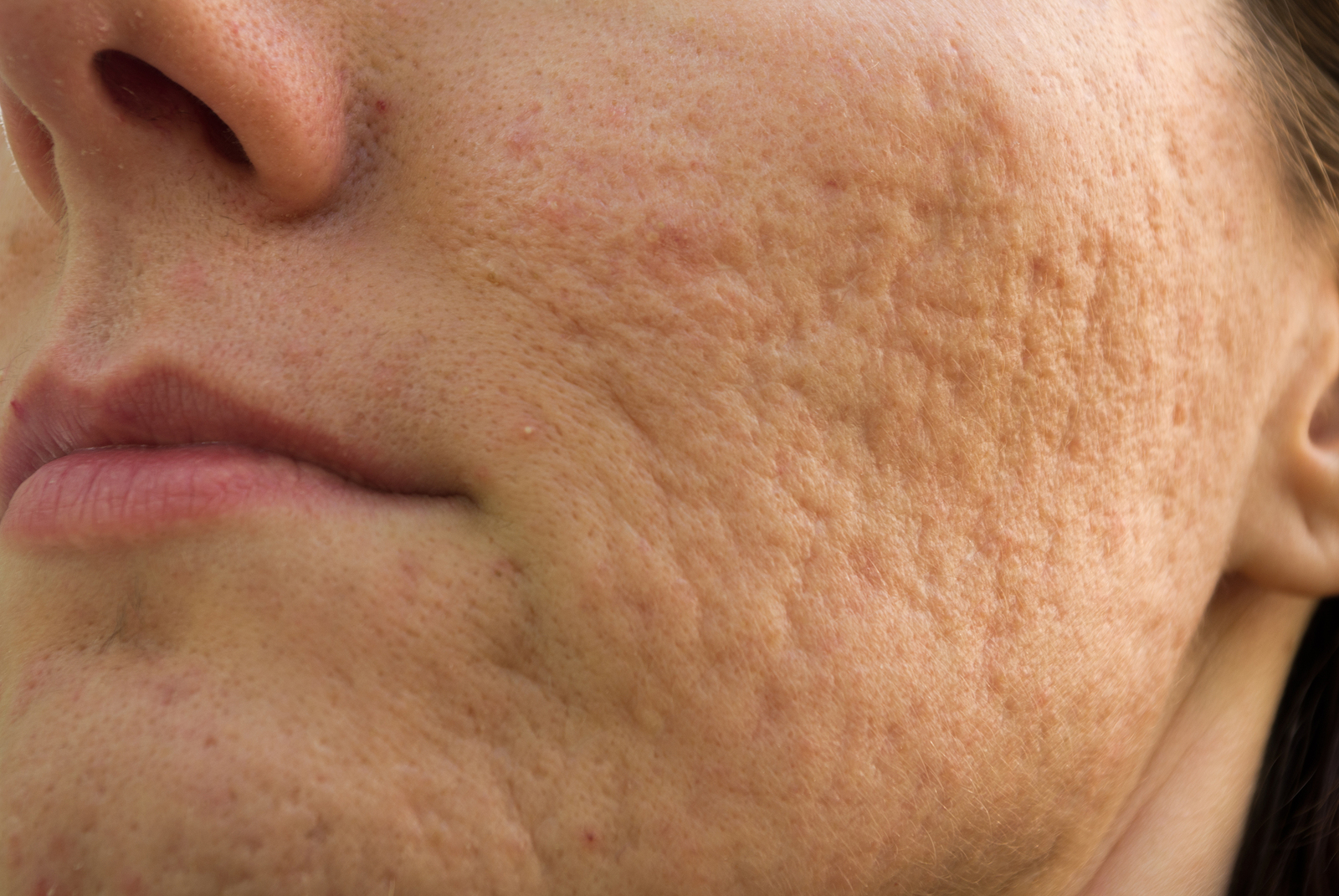
-
NON INFLAMMATORY ACNE:
White heads and black heads are termed as non inflammatory type of acne on face. This kind of acne doesn’t produce swelling or inflammation and over the counter medicines can be used to counter the problem. One of the best solutions for this type of mild acne is the use of face wash or ointments containing salicylic acid. It acts as a skin exfoliater and exfoliates the skin thereby removing the dead skin cells. The cleansers, toners or moisturizers containing salicylic acid can be used to get relief from this condition.
-
INFLAMMATORY ACNE:
Inflammatory acne is in the form of pimples which are swollen and reddish in color. It is also considered as a type of bacterial acne. The main factors which contribute to the inflammatory acne are excessive sebum and dead cells of the skin; the bacterial activity also results in clogging the pores and infects the underlying sebaceous glands. The acne produced due to bacterial growth is generally painful in the form of reddish spots. It is not easy to get rid of such acne spots and you need to consult dermatologist to resolve the issue.
The main types of inflammatory acne are:
- Papules
- Pustules
- Nodules
- cysts
Certain over the counter products containing benzoyl peroxide can be used to reduce swelling and to kill bacteria there are certain antibiotics which can either be taken orally or in the form of ointments to treat acne. Generally retenoids are used to combat inflammatory types acne (itchy) especially papules and pustules.
-
Severity of Acne Types:
Non inflammatory acne such as black heads and white heads are considered as mild acne forms and simple face wash and toners containing salicylic acid and benzoyl peroxide can be used to treat the condition. Topical retenoids are also used to combat comedones or white heads. Some home remedies can also be used to treat whiteheads and blackheads.
Moderate forms of acne (leaving scars) are pustules and papules. Simple over the counter medicines cannot treat this kind of acne and you may need oral or topical medication prescribed by your dermatologist.
On the other hand, cysts and nodules are considered intense or severe type of acne and you need to get medical supervision immediately. Nodules and cysts if picked or popped can also result in scarring of the skin.
Types of Acne and Best Treatment:
There are various options of treatment for different types of acne infections. What are the types of acne and how to treat them naturally? If you have non inflammatory acne, it can be treated naturally by cleansing the skin well to avoid clogged pores. Some treatments take a long time and patience is needed while getting the treatment. You need to get medical supervision or else excessive use of acne medication can result in dryness of the skin. When skin gets dried excessively the sebaceous glands respond by increasing the production of sebum which can further aggravate the acne and skin concerns. Therefore, you need to consult a proficient dermatologist for the accurate diagnosis and treatment.
-
The bottom Line:
Acne is one of the biggest skin concerns across the globe. Acne is caused by many fctors such as inflammation or infection of sebaceous glands, accumulation of dead skin cells, clogged pores etc. Acne is either inflammatory types of acne with little bumps include papules, pustules, cysts and nodules while the mild type of acne or non inflammatory acne includes whiteheads and blackheads. Non inflammatory acne can be treated at home or simply by the use of face wash or toners with salicylic acid or benzoyl peroxide. For the treatment of inflammatory acne however, you need to consult a dermatologist.
Read this Article : All about Hangnail; Causes, Symptoms and Treatment


